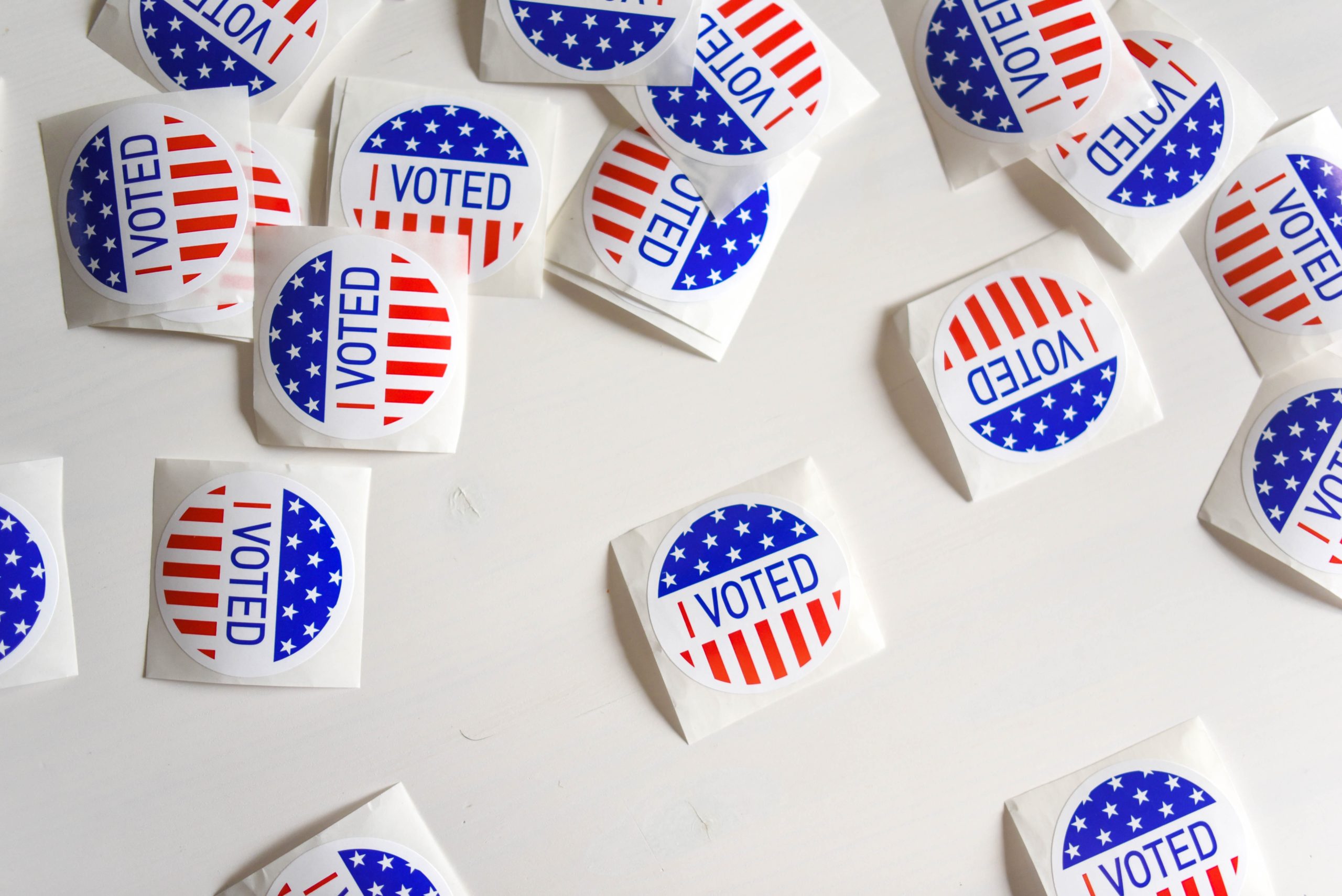Elections have historically had material impacts on various markets, and this year the stakes were as high as ever. After several days of relative uncertainty due to a record number of mail-in ballots, media outlets have confirmed a win for Democratic candidate Joe Biden over President Donald Trump. Although President Trump has not conceded yet, the markets have priced in President-elect Biden’s victory and are preparing for the new administration to begin on January 20, 2021. Jack Plotkin, a former Goldman Sachs financier who spent nearly a decade advising Fortune 500 firms on strategies relating to investment banking and capital markets, elaborates further on the impact of the election on various markets.
Impact of the 2020 Election
For many, the election outcome was in line with expectations given that President-elect Biden held a lead in virtually every poll leading up to November 3. However, Plotkin notes that the market was in a sideways churn leading up to the election, meaning there was fear that the election would be too close to call, heralding weeks and months of uncertainty. The conclusive result by the end of election week offered the market the desired stability and the market responded with an upswing.
Plotkin also points out that investors seem to be satisfied with the down-the-ballot election results in which Republicans have defied the odds to keep their majority in the Senate (although Democrats kept an outside chance of seizing the majority if they can win both run-offs for two seats in Georgia on January 5th). The GOP also narrowed the Democratic majority in the House of Representatives. Studies have shown that stock markets have better returns during periods of a divided government versus one-party control over the executive and legislative branch. Plotkin further highlights that some analysts argue that Wall Street got the best of both worlds: a steady and moderate Democratic president and a pro-business Republican majority in the Senate.
Plotkin, who spent nearly a decade as a strategist for the leading investment bank Goldman Sachs, further adds that tech companies are most likely satisfied with the election outcome, given their recent spats with the Trump administration. Moreover, they are also looking likely to escape a regulatory crackdown or a possible break-up that some Democratic senators have threatened in the event they carry both chambers of Congress.
The Election and Foreign Markets
Sectors and businesses that have close collaborations with China will also be satisfied, as the Biden administration is expected to take on a more measured approach to conduct business with one of America’s largest economic partners and competitors. Generally, Plotkin adds, the emerging markets could benefit from the stable foreign and trade policy expected under President-elect Biden.

On the other hand, Plotkin suggests that a prolonged uncertainty over a COVID-19 stimulus package could have a potentially negative impact on markets. Before collapsing, a deal between the Trump administration and House Democrats looked likely weeks before the election, and some investors had counted on an overwhelming Democratic victory and a generous bill that would probably be on Biden’s table immediately after inauguration. Plotkin adds that there is now likely to be another round of bipartisan negotiations, meaning uncertain timing and outcome. Furthermore, with a number of Senate Republicans opposing large fiscal measures and ongoing negotiations, a stimulus package could be materially smaller than expected. This, in turn would increase the possibility of a slow recovery or even a double-bottom recession.
In the face of what will likely be a less ambitious fiscal policy, bonds have a chance to continue their rally. However, Plotkin notes that treasury yields are still likely to stay low under a new administration, with some investors fearing economic stagnation rather than inflation. By keeping its flagship rate near zero, the Federal Reserve has given up its ability to go lower and relinquished an important lever for spurring economic activity.
The Election and Commodities
As for commodities, Plotkin points out that oil and gas could face a dual squeeze – from both pandemic-related slowdowns and increased regulatory obstacles. President-elect Biden has alluded to restricting new permits for drilling on federal land. However, drilling companies have managed to stockpile permits for several years ahead, so the immediate impact is uncertain. Looking globally, the new administration could seek a new deal with Iran on nuclear weapons and, if sanctions were to be relaxed, there could be added downward pressure on oil prices from Iranian reserves.
Plotkin goes on to say that markets have likely already priced in the election news and that investors are looking forward to other developments that could impact events in 2021. In particular, the announcement by pharmaceutical giant Pfizer that their coronavirus vaccine showed 90% efficacy during Phase 3 trials sent a shockwave through the markets. In particular, the announcement triggered a shift toward sectors that struggled as a result of pandemic-driven lockdowns, such as airlines and hospitality. Overall, while the election did affect markets, Plotkin highlights that the timing, efficacy, and distribution of a vaccine is probably going to be the most powerful big picture driver of market trends in 2021.
